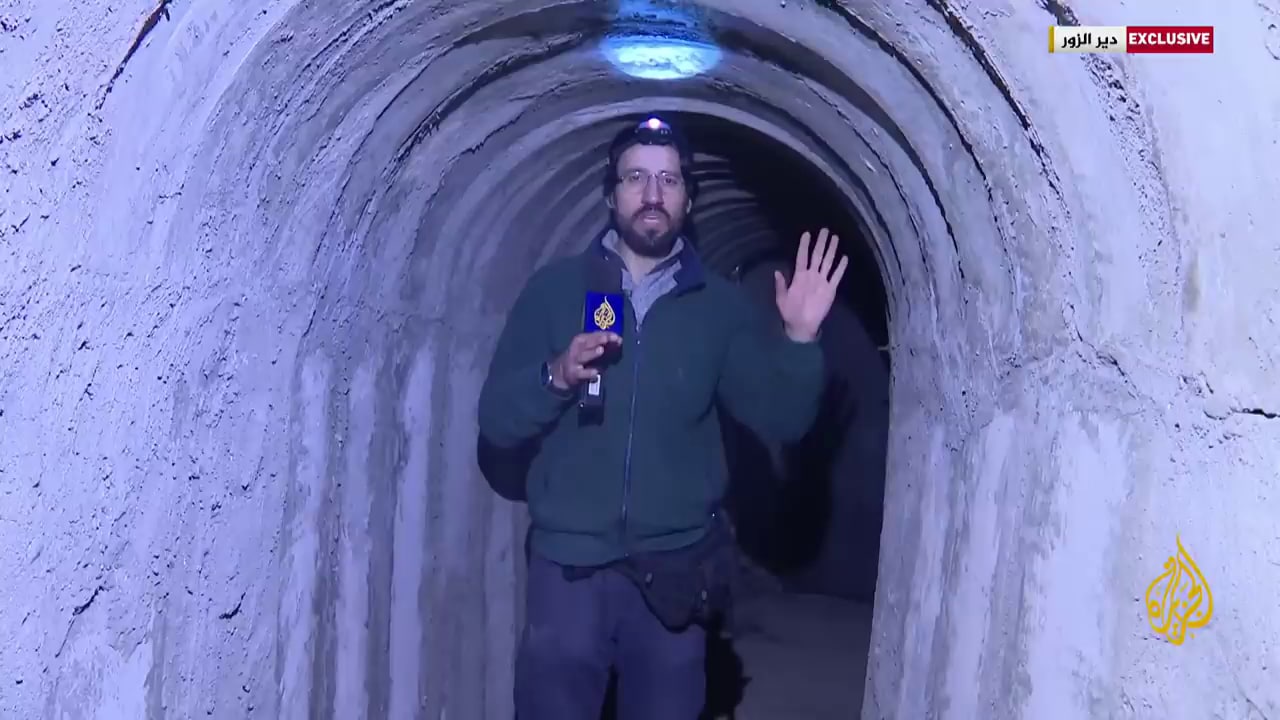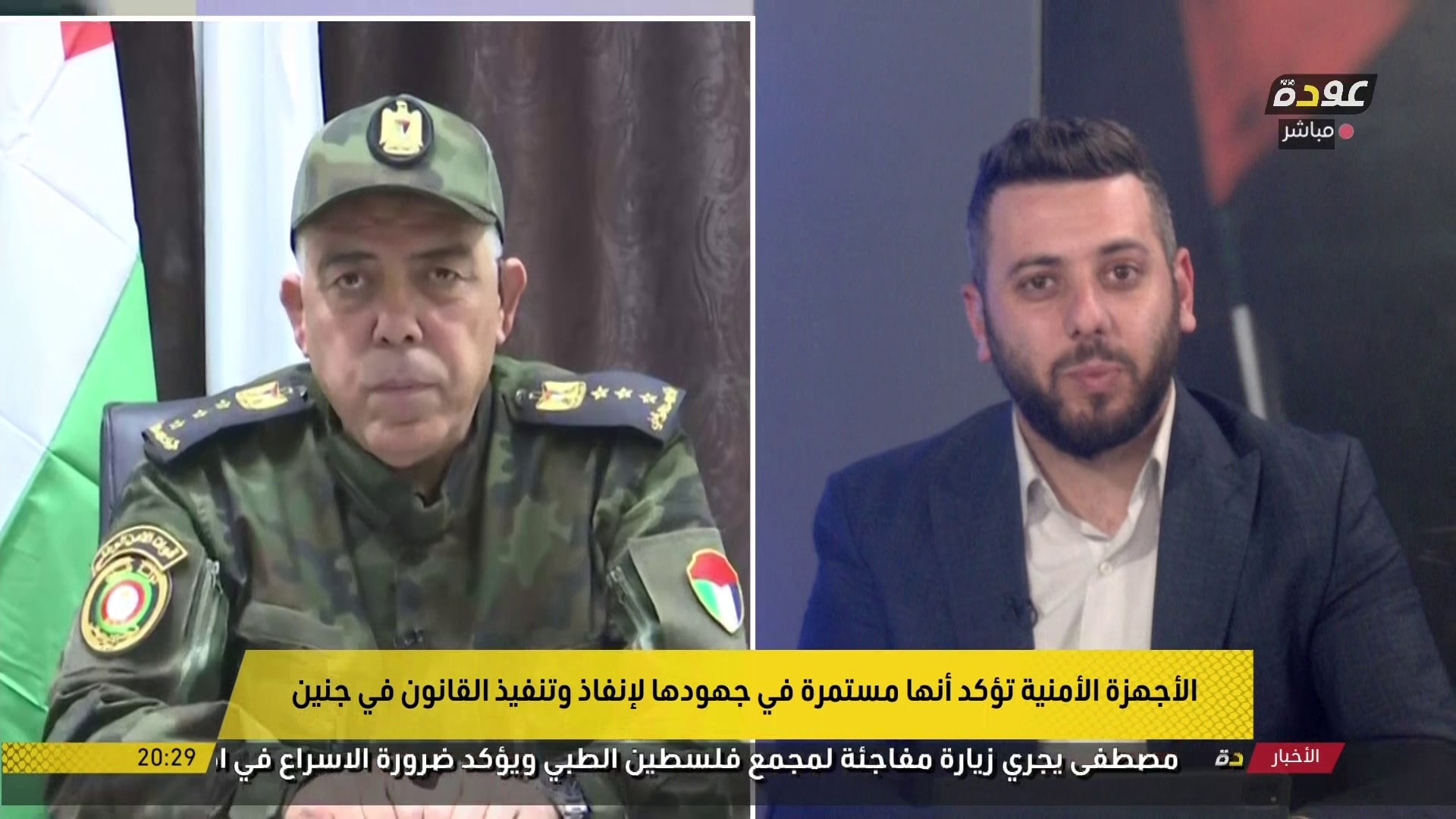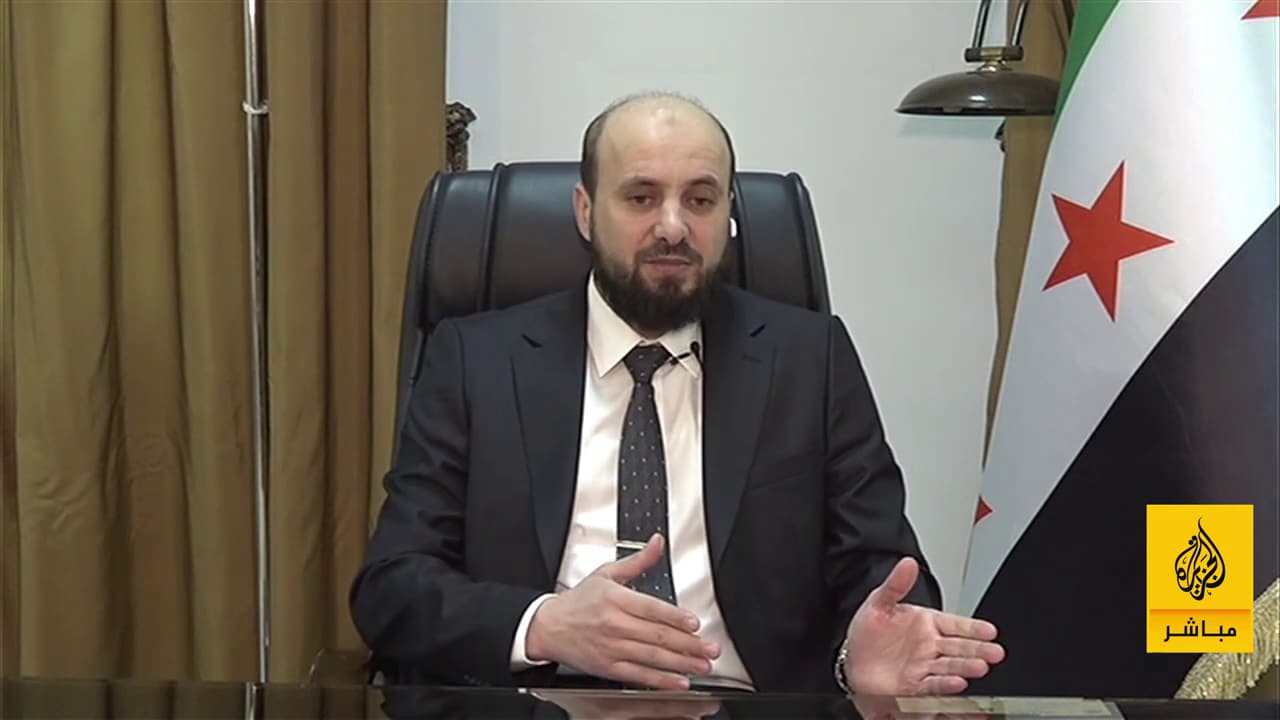
In a January 10, 2014 interview aired by BBC Arabic, Deputy Prime Minister of Iraq Saleh Al-Mutlaq said that contrary to claims by Nuri Al-Maliki's government, "the composition of the army is problematic and, in many cases, sectarian." According to Al-Mutlaq, it is the Sunni tribe members who are fighting Al-Qaeda in Falluja. "If the Iraqi army enters Falluja it would be an act of stupidity, for which the Iraqis would pay the price," he said.
Following are excerpts from the interview:
Saleh Al-Mutlaq: Who says that [the Sunni tribes] are not fighting Al-Qaeda? Who is fighting Al-Qaeda's terrorism in Falluja, if not the tribe members?
Interviewer: But Al-Qaeda fighters have appeared in plain view on the streets of Falluja. Of course, the tribal alliance has partial control over the city. Both parties are fighting the government forces. They are not fighting between themselves. At present, the people of Falluja are not fighting Al-Qaeda. Why not?
Saleh Al-Mutlaq: At present, there is a very small Al-Qaeda presence in Falluja, although it has been exaggerated by some.
[...]
If the Iraqi army enters Falluja it would be an act of stupidity, for which the Iraqis would pay the price. We have opposed this right from the start. We warned against this, and the government responded to this...
Interviewer: Why do you object to the army entering Falluja? After all, it's the national army.
Saleh Al-Mutlaq: Since when has it been the job of the Iraqi army to enter cities? I do not want the good reputation of the Iraqi army to be tarnished. If the army enters the cities and engages in urban warfare, it will incur great harm and its reputation will be tarnished. It will not accomplish the goals...
Interviewer: But the army wants to fight Al-Qaeda militants and other outlaws, according to the government.
Saleh Al-Mutlaq: The people of the city will fight them themselves. They are capable of identifying them. On the other hand, the army, which comes from afar, and which is not familiar with the city and its residents, cannot fight them the way the locals can.
Interviewer: The Maliki government is saying that the army comes from all over Iraq.
Saleh Al-Mutlaq: That's not true.
Interviewer: Why not?
Saleh Al-Mutlaq: Because the composition of the army is problematic and, in many cases, sectarian. Neither the Kurds nor the Sunnis are satisfied with their representation in this army. By "army," I mean the commanders.
[...]
In Iraq, there appears to be a democratic process, but if this democratic process continues to be run the way it is by some politicians, the entire society will be destroyed, and the country will head towards partition.
[...]














